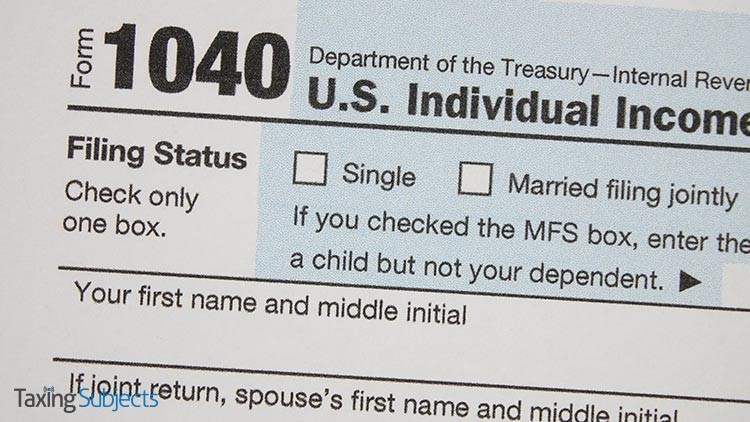
The tax-filing season will be upon us before we know it, so the Internal Revenue Service is urging taxpayers to take actions now to help ensure they can file timely and accurate returns in 2021.
Things to consider
The IRS says there are some areas that taxpayers should give extra attention before filing. These topics include credits, deductions and refunds:
Recovery Rebate Credit/Economic Impact Payment. Taxpayers who received an Economic Impact Payment, should keep Notice 1444, Your Economic Impact Payment, with their 2020 tax records. They may be eligible to claim the Recovery Rebate Credit on their tax year 2020 federal income tax return if:
- they didn’t receive an Economic Impact Payment, or
- their Economic Impact Payment was less than $1,200 ($2,400 if married filing jointly for 2019 or 2018), plus $500 for each qualifying child they had in 2020.
If a taxpayer didn’t receive the full amount of the Economic Impact Payment for which they were eligible, they may be able to claim the Recovery Rebate Credit when they file in 2021. Individuals don’t need to complete information about the Recovery Rebate Credit on tax year 2020 Form 1040 or 1040-SR when filing in 2021, unless they’re eligible to claim an additional credit amount.
Interest on refunds is taxable. Taxpayers who got a federal tax refund in 2020 may have been paid interest. Refund interest payments are taxable and must be reported on federal income tax returns. In January 2021, the IRS will send Form 1099-INT to anyone who received interest totaling $10 or more.
Charitable deduction changes. New this year, taxpayers who don’t itemize deductions may be able to take a charitable deduction of up to $300 for cash contributions made in 2020 to qualifying organizations. For more information, read Publication 526, Charitable Contributions.
Refunds. The IRS always cautions taxpayers and tax pros alike that they shouldn’t rely on getting a refund by a certain date, especially when making big purchases or paying bills. Some returns might require additional review and so processing might take longer.
For example, the IRS and its partners in the tax industry continue to strengthen the security review process in an effort to help protect against identity theft and refund fraud.
Just like last year, refunds for returns claiming the Earned Income Tax Credit or Additional Child Tax Credit cannot be issued before the middle of February. This applies to the entire refund – including the portion not associated with these credits.
Get more information on steps taxpayers can take ahead of filing season at a special web page on IRS.gov. Other helpful resources include Publication 5348, Get Ready to File, and Publication 5349, Year-Round Tax Planning is for Everyone.
Source: IR-2020-272
